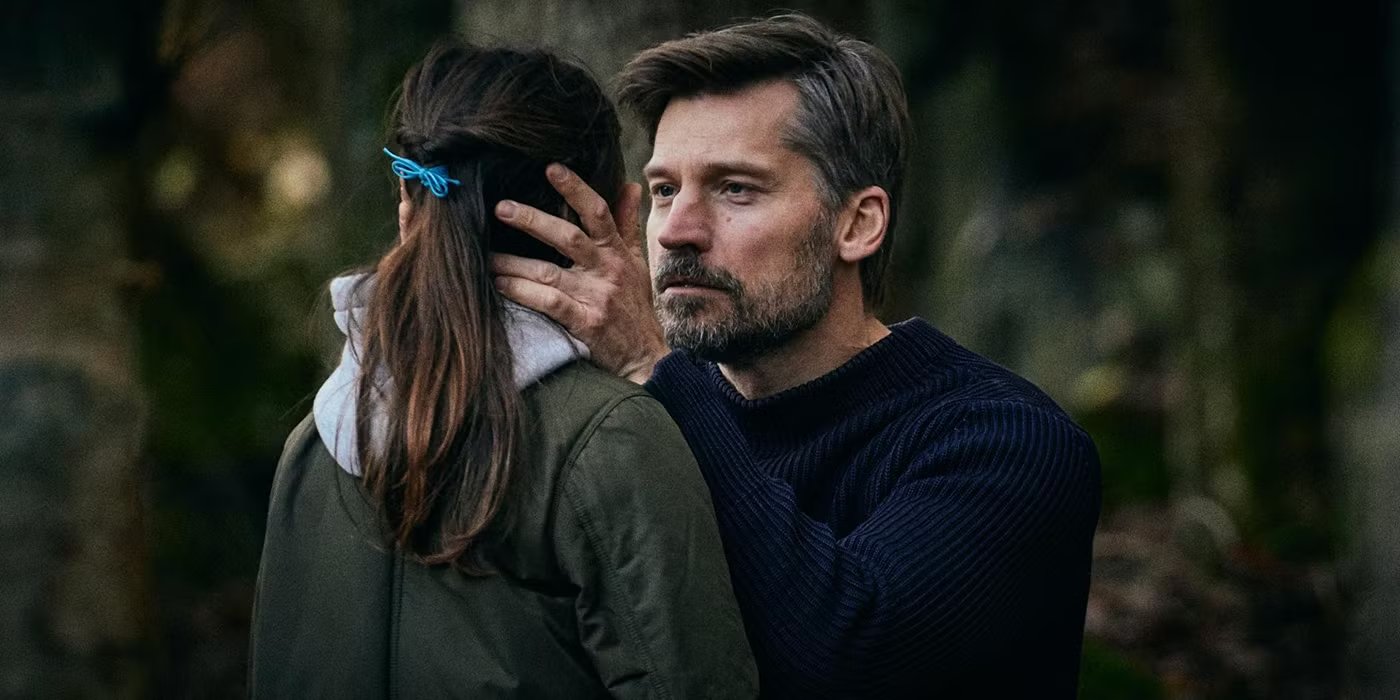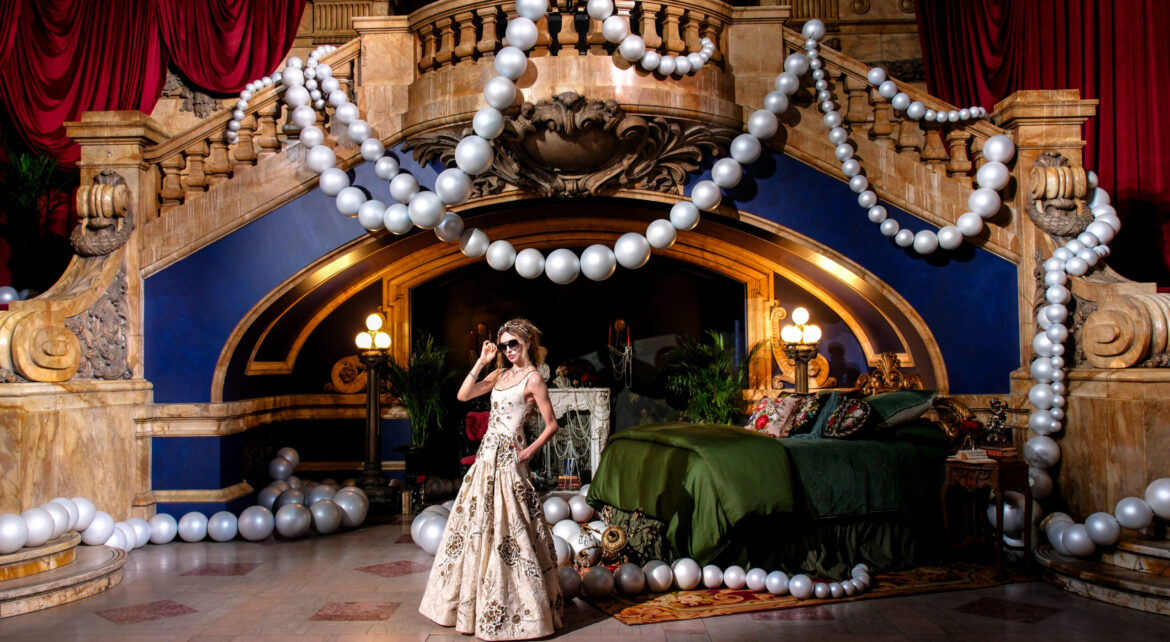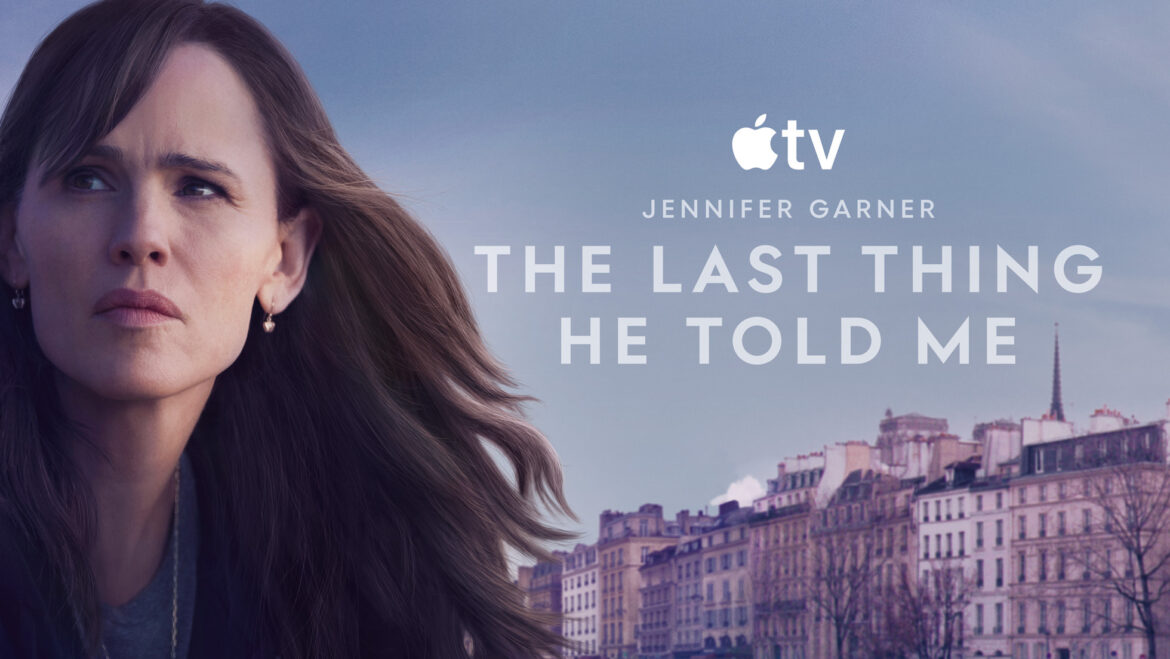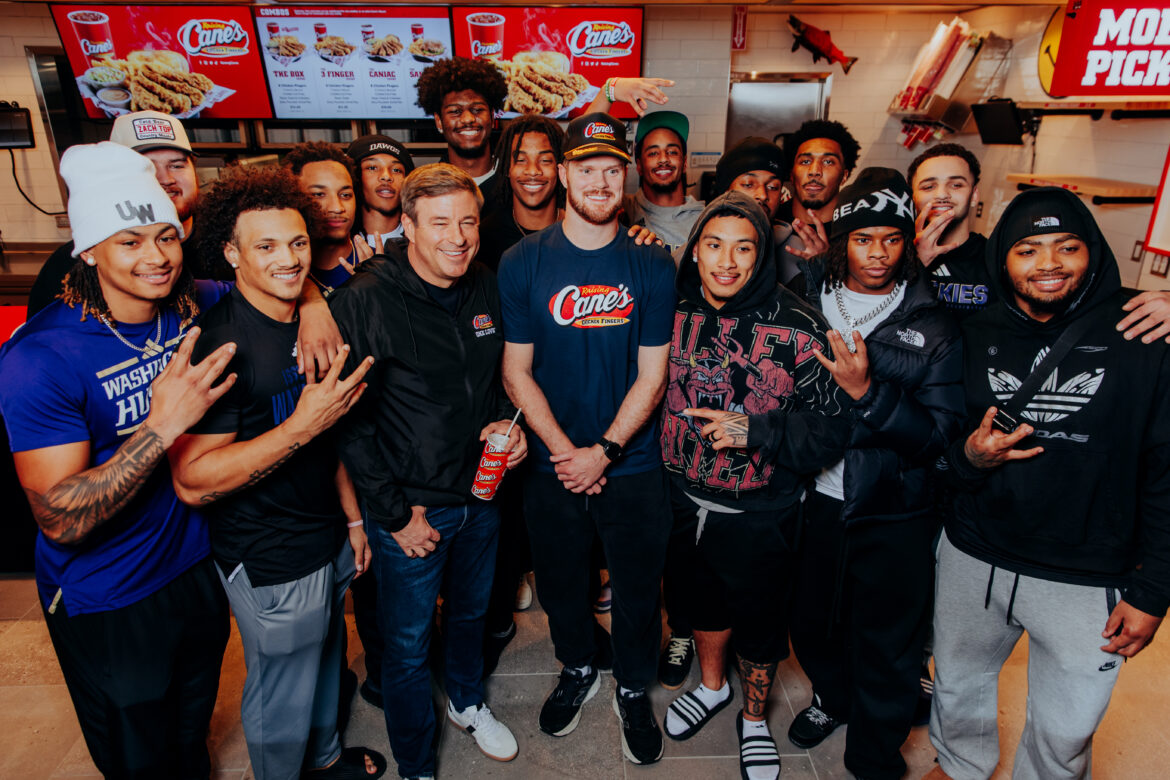Aldis Hodge and Matthew Lillard play characters in sharp opposition, but off set they’re the best of friends, building a deep sense of trust, with their shared love for the series at the core of their work ethic.
Featured
If you’re a fan of Y2K reality TV fashion shows such as Project Runway, you’re in for a treat with the new film IDIOTKA.
The luminary Stacey Bendet has once again waved her wand to create fashion magic.
Toni Breidinger is set to rev up for her 2026 NASCAR CRAFTSMAN Truck Series debut with Rackley W.A.R. thanks to some ONE LOVE® from Raising Cane’s.
Nikolaj Coster-Waldau and Judy Greer talk Apple TV’s The Last Thing He Told Me

From the City, For the City: How Brothers Romello and Roland Truitt Built Wings World
From Style to Substance: J Bolin’s Journey of Growth, Fashion, and Identity
Fashion is all about self-expression, allowing a person to show how they feel and their story through various textures, patterns, and fabrics. That’s where talented people like J Bolin thrive, and he has built an exceptional career doing just that.
Flying high off his epic Super Bowl win, Seattle Seahawks quarterback Sam Darnold came out to celebrate a victory for the team and the loyal community of Emerald City at Raising Cane’s newest location.
Salumeria Rosi: Restaurant Review
Salumeria Rosi bursts onto the scene in East Village, offering a lively scene to brighten up the avenues. As the second location of this beloved UWS staple, they’re debuting some exclusive offerings such as the café menu and extended bar hours as the warmer months take over.
Solo Stove “Squashed the Beef” at Super Bowl LX and sizzled on a day full of flavor and football fun.





